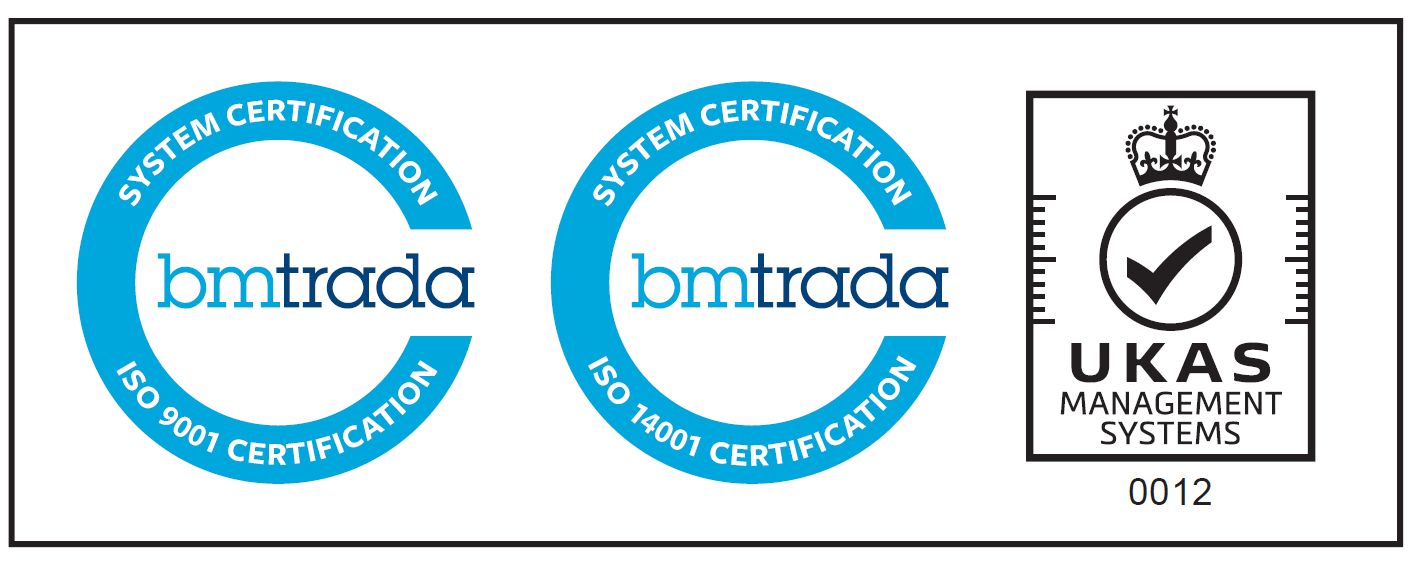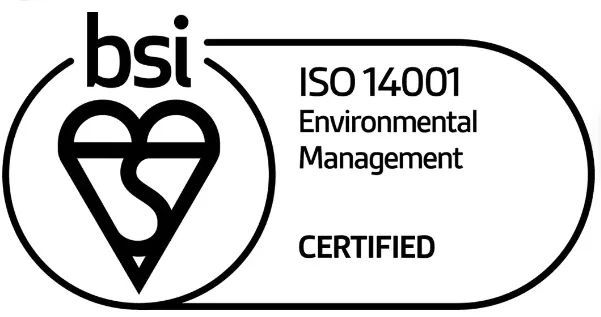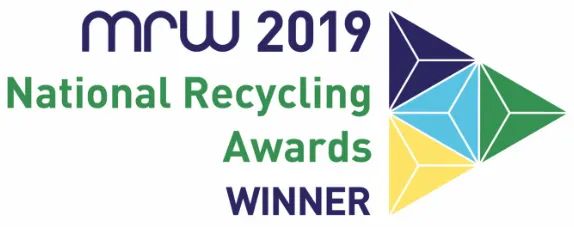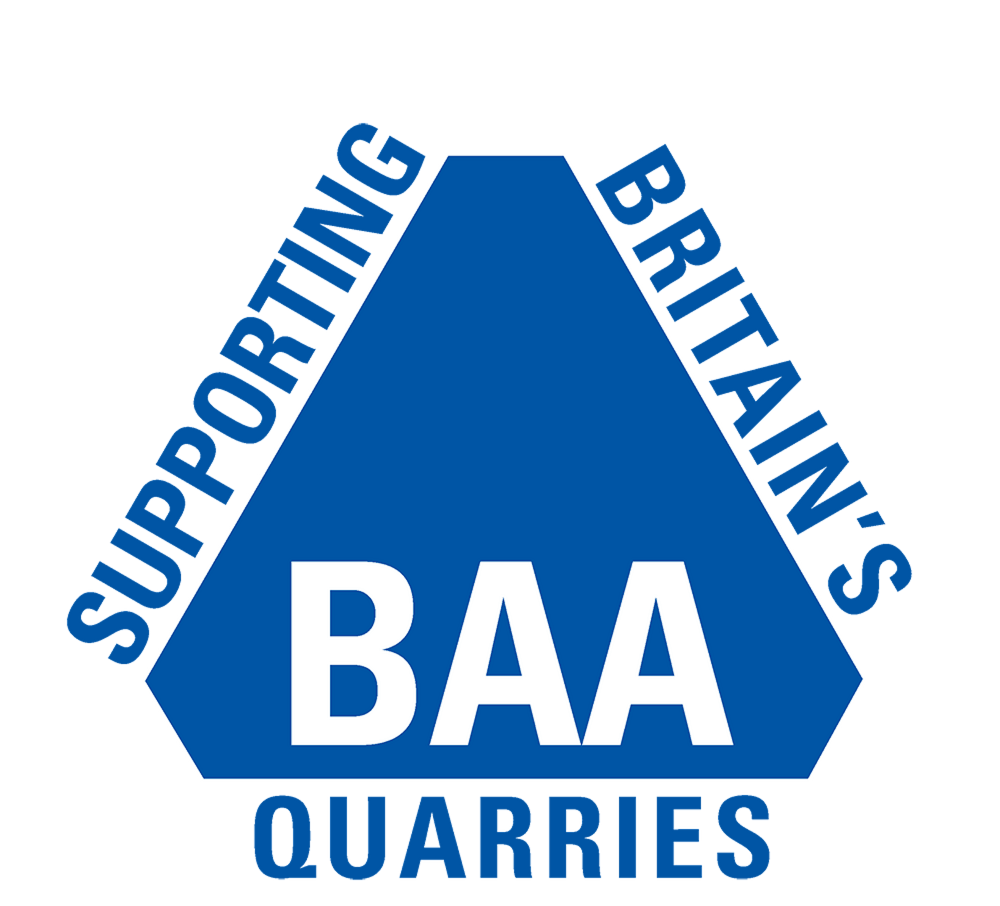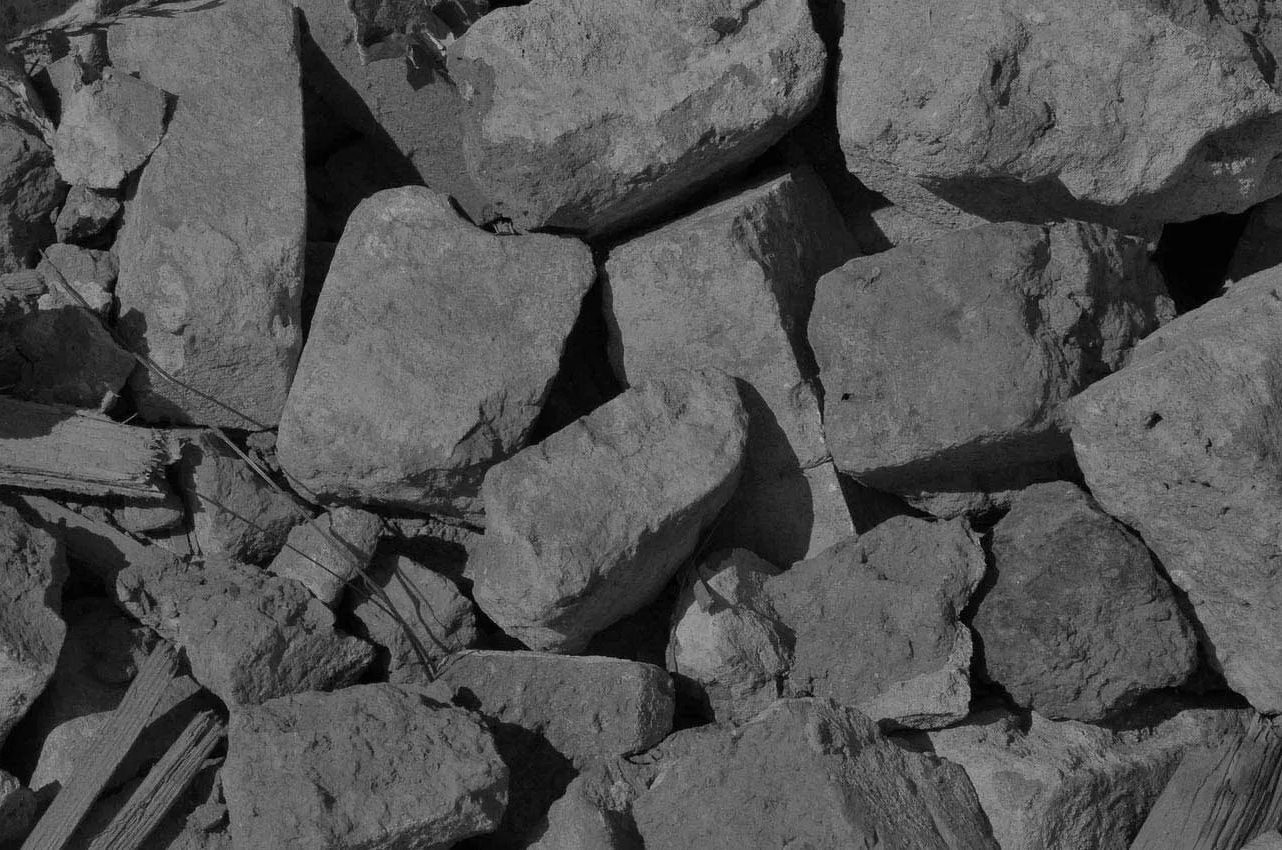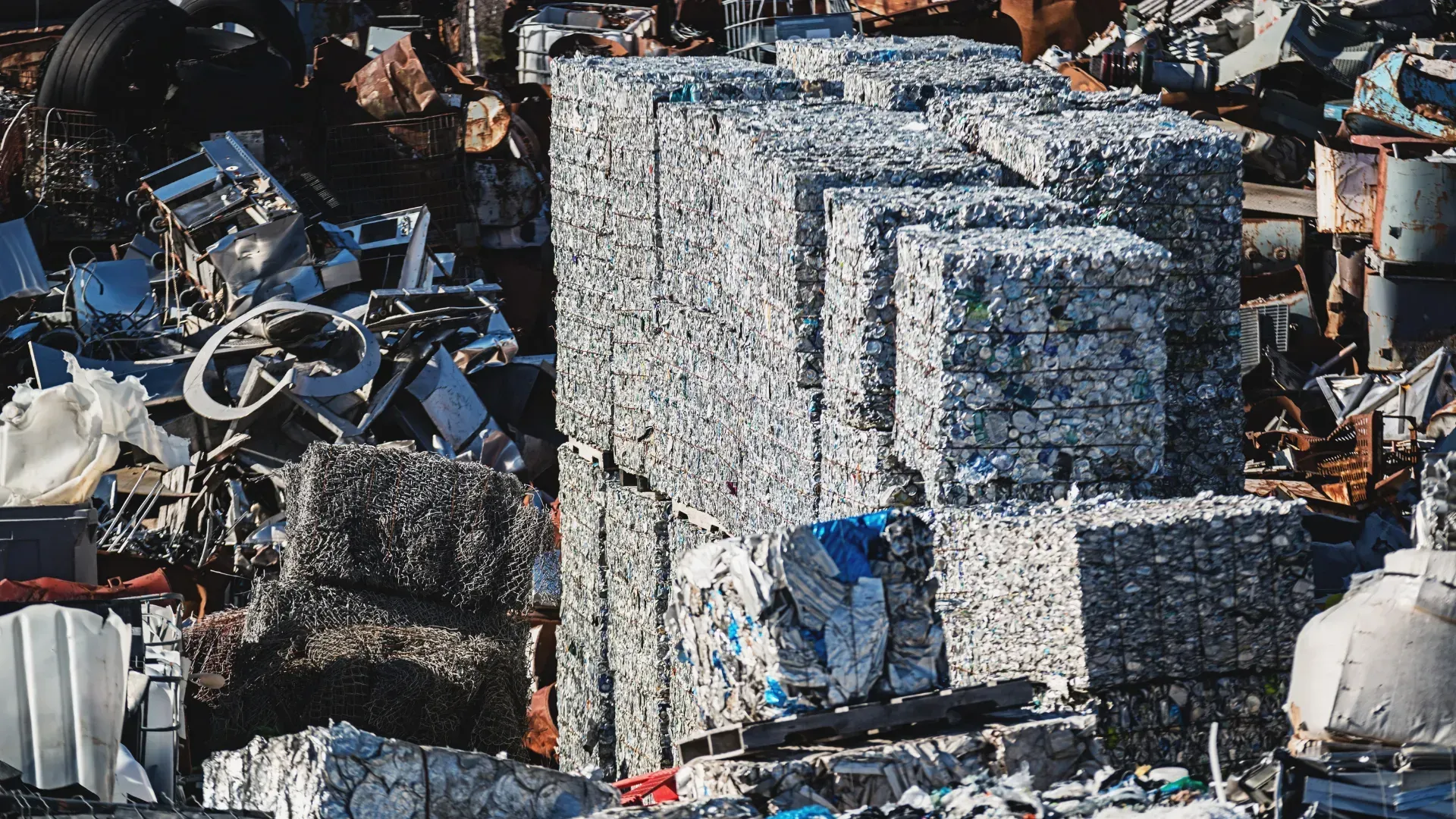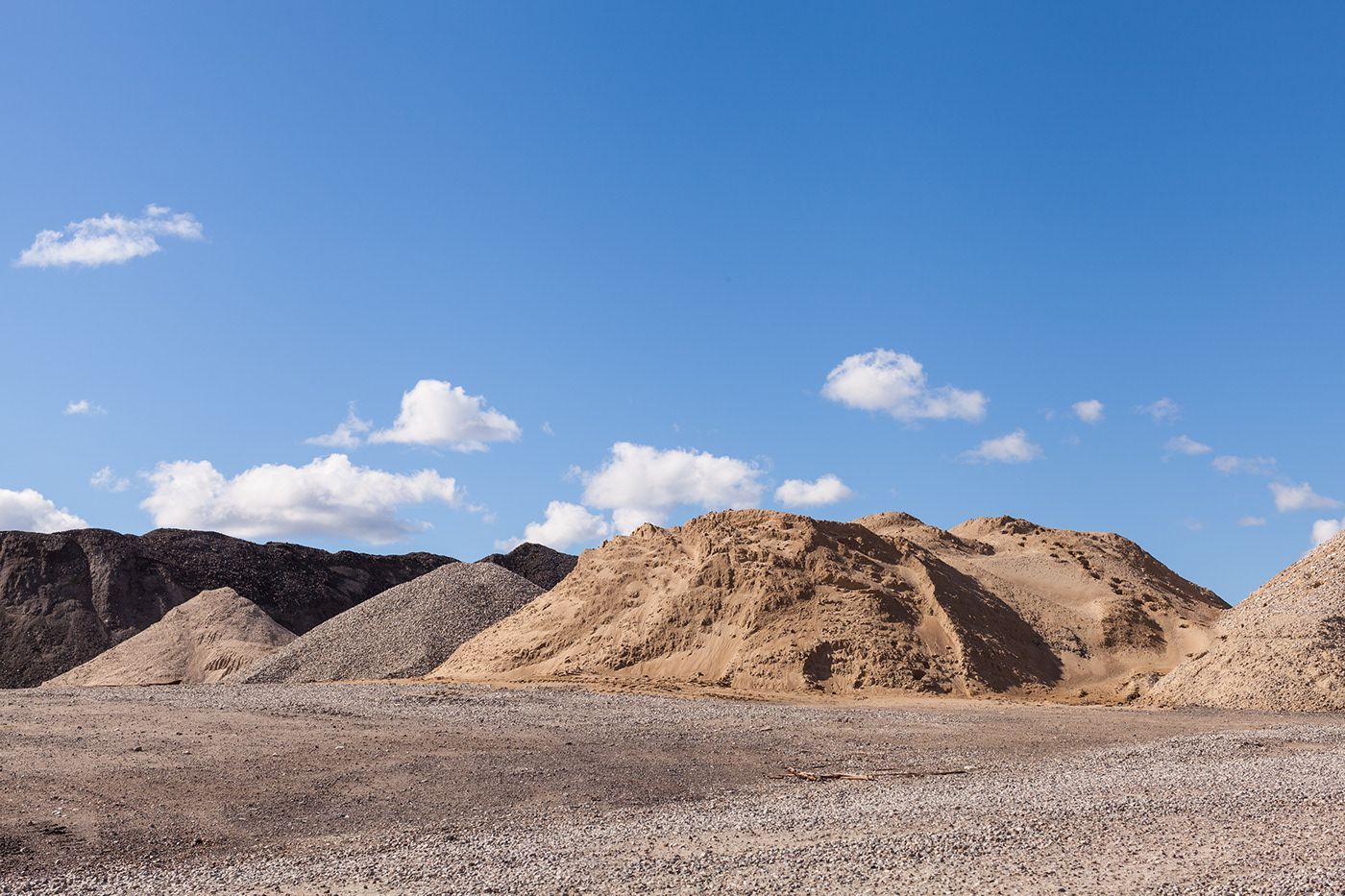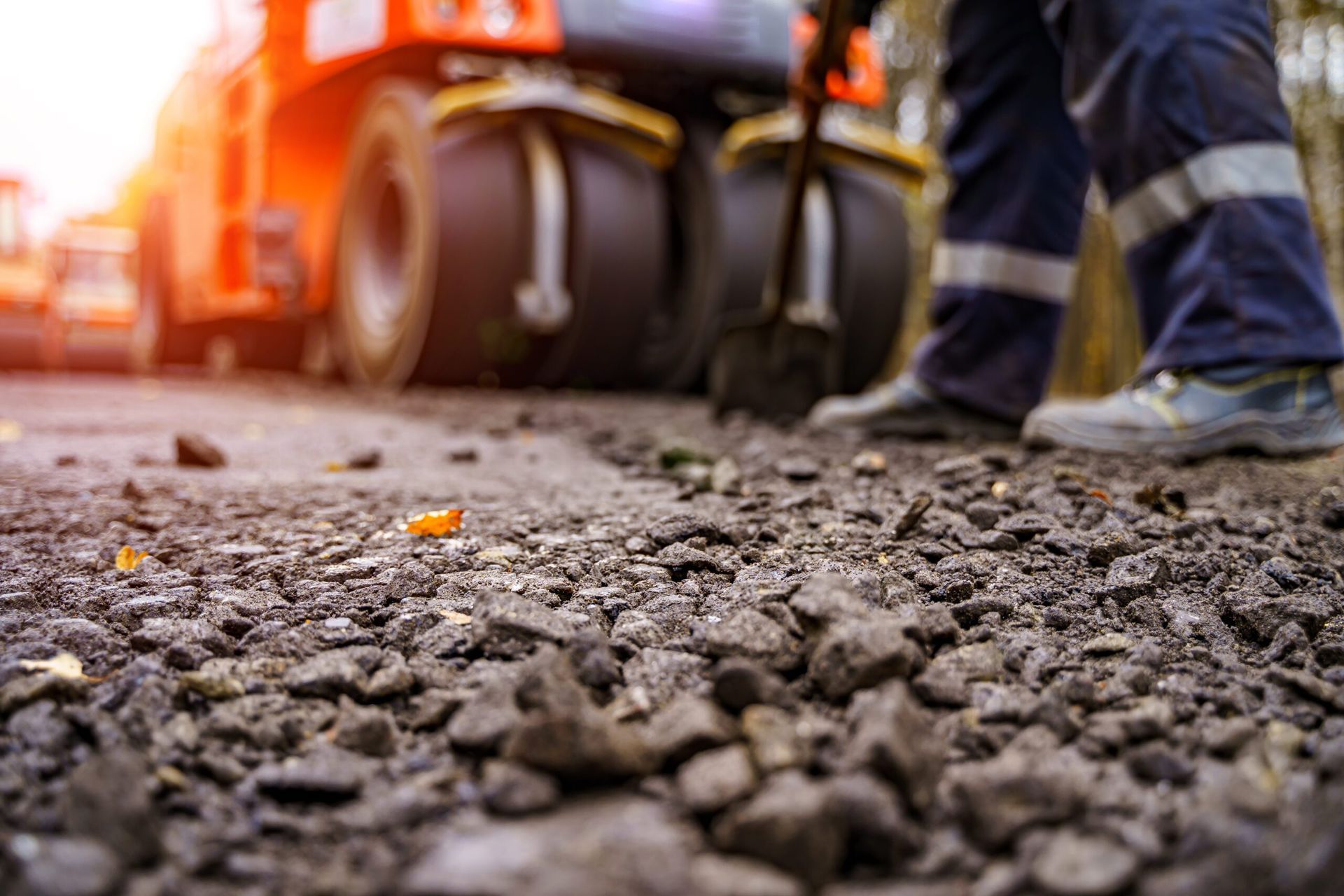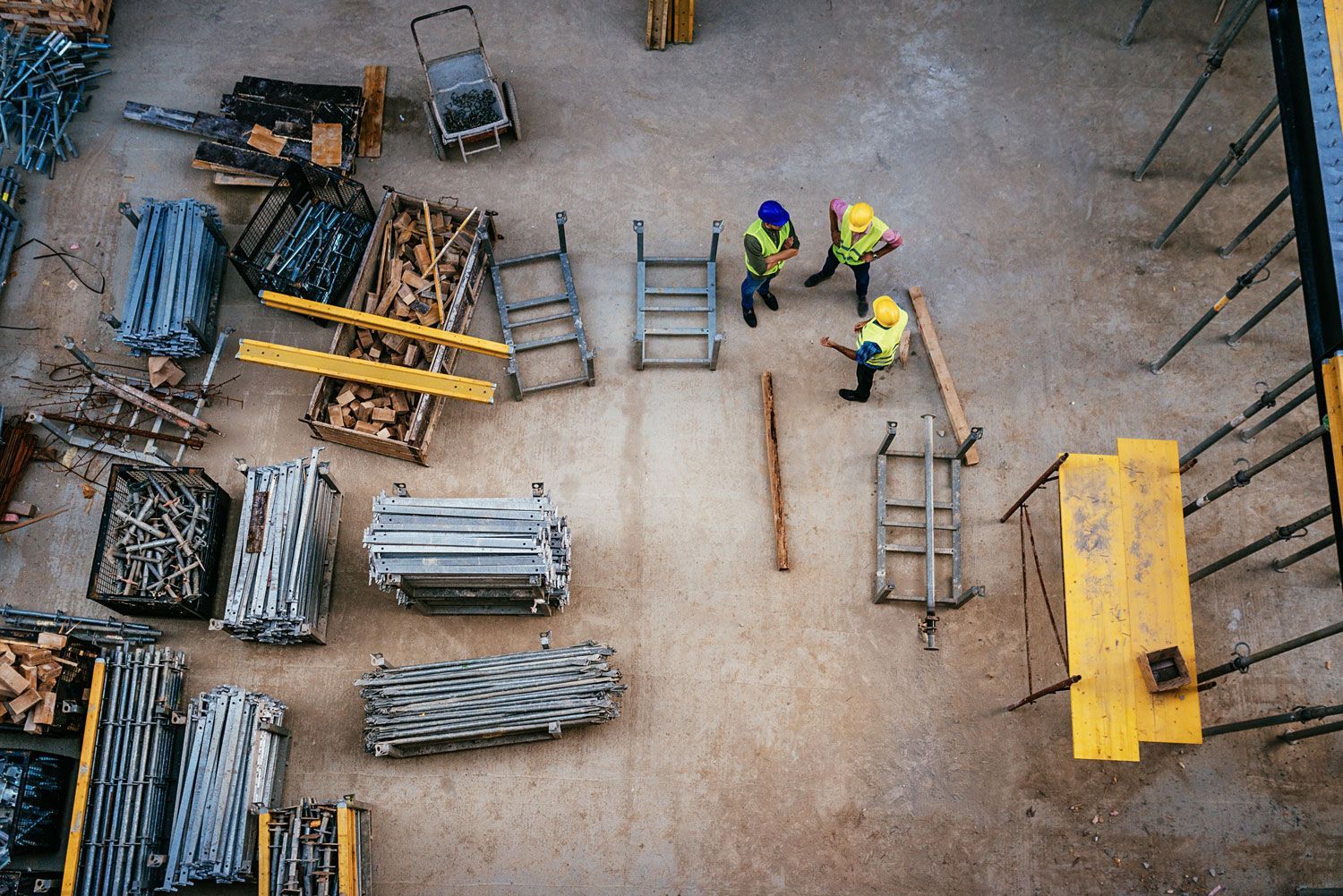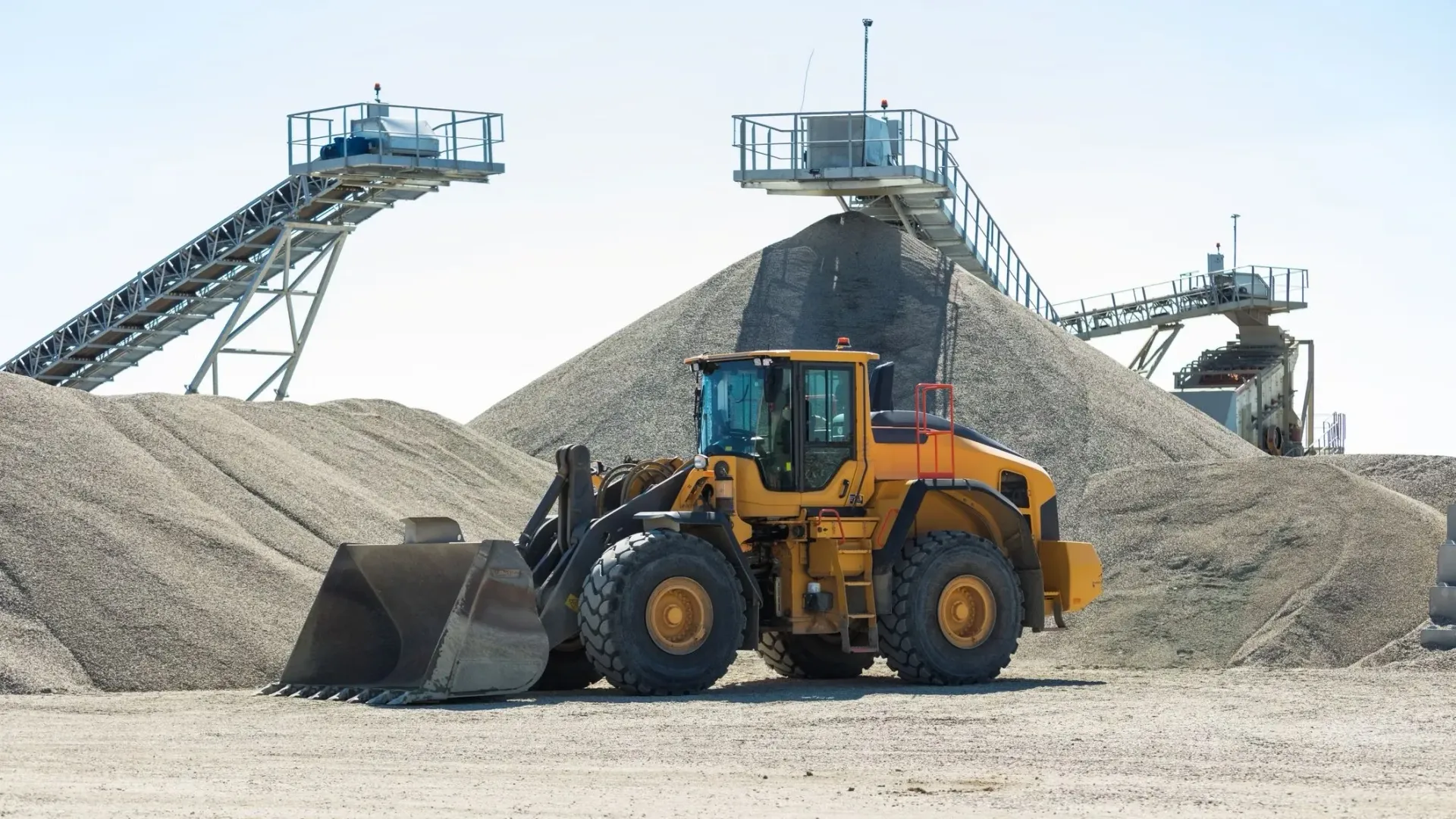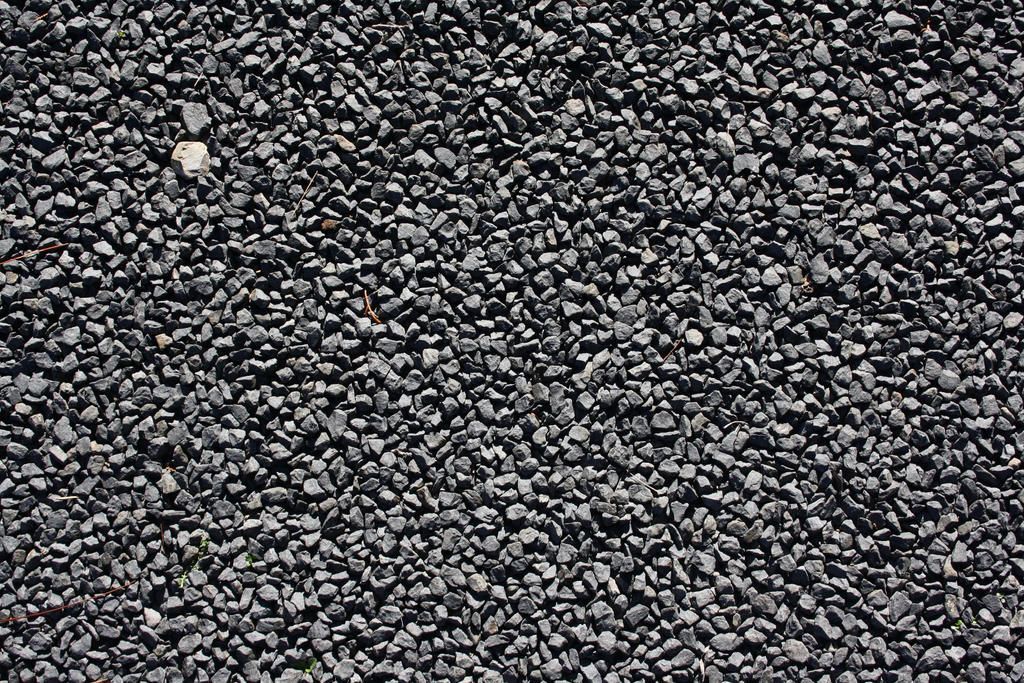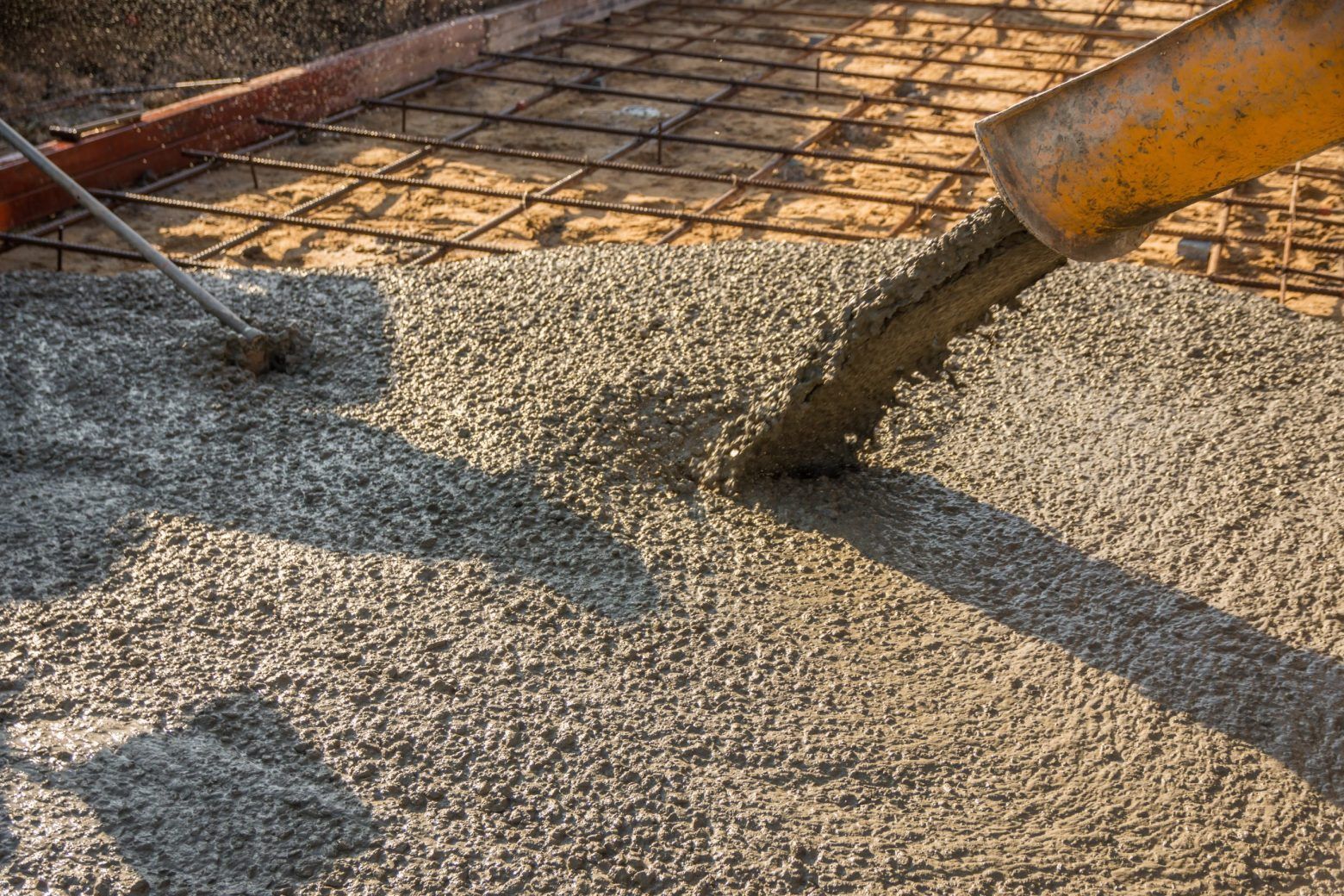Fly-Tipping: What You Need to Know
Fly-tipping incidents in the UK have increased significantly in recent years, with just under 1.13 million fly-tipping incidents reported in 2020/21 - an increase of 16% compared to 2019/20. The vast majority of fly-tipped waste is usually household waste, which suggests we can all do our bit to tackle this serious issue.
Not only does fly-tipping look unsightly, but it’s also harmful to humans, wildlife, and the environment. It is also illegal in the UK. If you want to learn more about fly-tipping, this guide from WM Thompson & Son has got you covered. Keep reading to find out what you need to know about fly-tipping.
What is fly-tipping?
Fly-tipping is the illegal deposit of any man-made waste materials or items associated with food onto land that doesn’t have the appropriate license to accept it, such as public roads, private land, or rivers.
It is similar to, but not the same as, general littering. General littering is described as the dumping of household rubbish, either in plastic bags or as individual items, and can also include dog fouling in public areas. Fly-tipping, on the other hand, is usually used to refer to the dumping of larger items such as household appliances or construction materials.
The most common types of waste to be littered or fly-tipped in the UK include:
● Household waste
● Waste from building and demolition work
● Electrical appliances such as fridges, microwaves, or washing machines
● Hazardous wastes such as oil, asbestos sheeting, and chemicals
● Vehicle parts
● Garden waste
The risks associated with fly-tipping
Fly-tipping poses a significant threat to both people and wildlife, causing serious damage to our environment as well as potentially negatively impacting the business success of legitimate waste management companies. The latter is particularly true when the offence is committed by unlicensed or “fake” waste collectors.
Fly-tipping toxic or unsafe materials can be extremely hazardous to people and animals. Dumping them somewhere that isn’t suitable can also cause serious damage to watercourses and soil quality in the surrounding environment.
In many cases, fly-tipped waste is much harder to safely identify and separate than waste that is properly disposed of. This often means there’s much more risk involved for those who come across it or who eventually dispose of it properly. Specialist waste removal services exist for a reason, after all, especially when it comes to hazardous waste.
Not only is fly-tipped rubbish an eyesore and an environmental risk, but it can also have serious social and cultural knock-on effects for local communities. Fly-tipped waste can damage an area’s reputation, can affect the success of nearby businesses, and can negatively affect the local property market. Waste also attracts rats and other pests, which can spread disease and make an area feel generally unsanitary.
Additionally, clearing fly-tipped waste uses up valuable resources and costs local and national governments a lot of money each year. This, in turn, affects overall public spending budgets, as having to spend the money on clean-up efforts means reduced funding for other initiatives that might be really beneficial to the community.
Increased fly-tipping due to the pandemic
Prior to the pandemic, the vast majority of fly-tipped waste consisted of car parts, construction waste and appliances. This seems to be changing as a result of the pandemic, however. Disposable masks, single-use plastics from food deliveries, and other packaging waste now appear among fly-tipped waste far more than they did before COVID-19 hit the UK in early 2020.
Waste management sites have also had to adapt to the many changes brought about by the pandemic, just as every other industry has had to. Many sites have been forced to operate on reduced hours, with less staff, and/or on an appointment-only basis as a result of coronavirus and the restrictions put in place to reduce its spread. These changes have made it far more difficult for companies and individuals to dispose of their waste safely, responsibly, and in compliance with regulations.
The legal stuff
Littering and fly-tipping are not victimless crimes, as many people think. Research carried out by Zero Waste Scotland way back in 2013 estimated that at least £53 million of public money was spent cleaning up littered and fly-tipped waste each year - and this figure has probably only gone up since then! Farmers and other landowners or grounds managers also have to pay the cost of clearing rubbish dumped on their land.
As such, it is unsurprising that there are legal repercussions involved. Note that there is different legislation surrounding littering and fly-tipping in Scotland to that in England and Wales. The Scottish legislation is outlined below:
Littering
Littering is a criminal offence that involves throwing down or dropping an item in any public open space, as defined in Section 87 of the Environmental Protection Act (EPA) 1990. If a person is found guilty of littering, they can be issued with a fixed penalty notice of £80 (more on fixed penalty notices below) or they could potentially be prosecuted and risk a fine of up to £2,500.
Fly-tipping
As stated in Section 33 EPA 1990, fly-tipping is also a criminal offence. If a person is found guilty of fly-tipping, they can be issued with a fixed penalty notice of £200 or could potentially be sentenced to imprisonment and risk a fine of up to £40,000.
Fixed Penalty Notices
A fixed penalty notice (FPN) is essentially a way for the offender to prevent further legal proceedings and avoid a court case and potential prosecution by paying a fine of a fixed amount. This fixed amount is £80 for littering offences and £200 for fly-tipping offences.
If the offender actively rejects the FPN or fails to pay it within the notice period, the matter can be referred to the courts and could potentially result in prosecution.
Individuals or organisations that are authorised to issue FPNs include:
● Local Authorities
● Police Scotland
● Loch Lomond and Trossachs National Park Officers
● The Scottish Environment Protection Agency (fly-tipping only)
Reporting fly-tipping
In Scotland, anyone can report fly-tipping through the Dumb Dumpers form on the Zero Waste Scotland website, or by contacting the relevant local authority directly.
For those without online access, Dumb Dumpers can be reached on 0300 777 22 92.
If the incident is ongoing when it is reported, is believed to be of a hazardous nature, or is near a watercourse, the information will be passed to the Scottish Environment Protection Agency or Police Scotland. If the waste in question is non-hazardous, the information will be passed to the relevant local authority for investigation.
Here are some things to remember if you witness someone fly-tipping or discover fly-tipped waste:
● Never touch the waste, as it may be hazardous and you may contaminate valuable evidence
● If it is safe to do so, you should try to ascertain what the waste consists of and how much of it there is
● Make a note of the date and time you witnessed the fly-tipping or found the fly-tipped waste
● Note whether the waste is in or near water
● If you witnessed the crime itself, note down the names of any witnesses, as well as the number of people involved, what they looked like, and the details of their vehicle (e.g. brand, registration number, colour) if applicable
Is There Fly-Tipped Waste in Your Area? Give WM Thompson & Son a Call Today
Whilst you should inform relevant authorities of fly-tipping incidents on or near your property, they are not necessarily obliged to remove the fly-tipped waste for you. Therefore, you may need to enlist the help of a waste disposal company in order to make sure the fly-tipped waste can be removed and disposed of safely, responsibly, and in compliance with regulations.
If you’ve noticed fly-tipped waste in the Glasgow, Dumbarton or Lanarkshire areas,
WM Thompson & Son can help. Situated in what was once a quarry, our
landfill site is fully licensed by the Scottish Environment Protection Agency, so you can be sure your waste will be handled responsibly and legally. With decades of experience under our belts, we’re dedicated to maintaining a positive impact on the local landscape and
environment. For reliable and responsible waste disposal and landfill services every time,
get in touch with us today.
